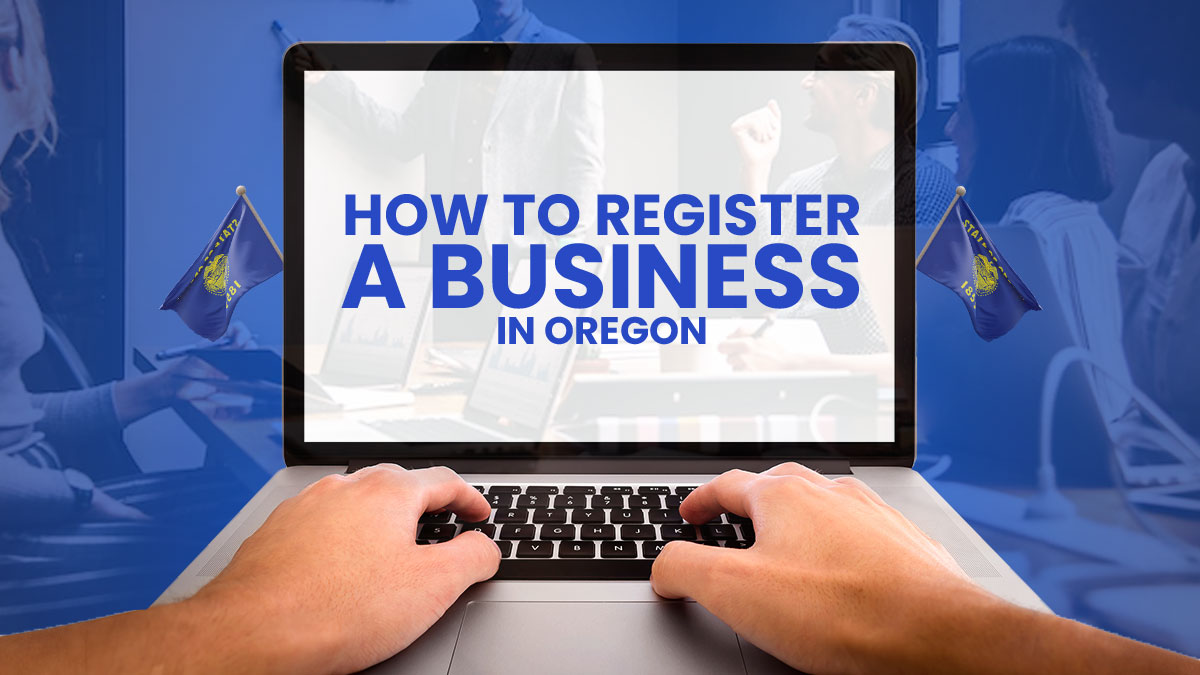Starting a business in Oregon can be an exciting and rewarding journey. With a thriving economy, business-friendly policies, and access to a diverse customer base, Oregon offers countless opportunities for entrepreneurs in every industry. Whether you’re launching a tech startup in Portland, opening a cafe in Eugene, or starting a small retail business on the coast, understanding the step-by-step process is crucial for success.
This comprehensive guide walks you through everything you need to know — from developing your business idea to registering your company, obtaining licenses, managing taxes, and scaling your operations in Oregon.
Table of Contents
1. Develop and Validate Your Business Idea
Every successful business begins with a solid idea. In Oregon’s competitive environment, it’s essential to validate your concept before investing time and money.
Steps to Validate Your Idea:
Identify a Market Need: Research local consumer demand, trends, and competitor offerings.
Survey Potential Customers: Gather feedback to understand whether your idea solves a real problem.
Evaluate Your Skills and Interests: Align your business with your strengths and passions.
Study Oregon’s Industry Landscape: Some of Oregon’s booming industries include technology, food and beverage, outdoor recreation, and renewable energy.
Pro Tip: Use resources like Oregon SCORE and the Small Business Development Center (SBDC) for free mentoring and business planning tools.
2. Create a Business Plan
A business plan is your blueprint for success. It outlines your goals, strategies, and financial forecasts.
Key Components:
Executive Summary: A snapshot of your business.
Market Analysis: Research on target customers and competition.
Product or Service Line: Describe what you offer and how it stands out.
Marketing and Sales Strategy: How you’ll attract and retain customers.
Financial Plan: Include startup costs, funding sources, and projected revenue.
A solid business plan helps secure funding and gives you a roadmap for long-term growth.
3. Choose the Right Business Structure
Selecting the right structure determines your tax obligations, liability, and management flexibility.
Options in Oregon:
Sole Proprietorship: Easiest setup, ideal for solo entrepreneurs.
Partnership: Shared ownership and profits.
LLC (Limited Liability Company): Protects personal assets and offers flexible taxation.
Corporation: Best for larger companies or those seeking investors.
Tip: Most small businesses in Oregon prefer forming an LLC due to its protection and simplicity.
4. Register Your Business with the Oregon Secretary of State
Once you’ve chosen your structure, register your business name and entity.
Steps to Register:
Search for Business Name Availability on the Oregon Secretary of State website.
File Formation Documents such as Articles of Organization (for LLCs) or Incorporation (for corporations).
Appoint a Registered Agent with a physical Oregon address.
Pay the Filing Fee (typically $100 for an LLC).
After registration, you’ll receive your Business Registry Number — required for most state-level processes.
5. Obtain an Employer Identification Number (EIN)
An EIN, issued by the IRS, is required for hiring employees, opening business bank accounts, and filing taxes.
Apply online for free via the IRS EIN portal.
Even if you’re a sole proprietor, an EIN helps maintain business credibility and separates personal and business finances.
6. Register for Oregon State Taxes
Depending on your business type, you may need to register for several state taxes.
Key Tax Types:
Corporate Activity Tax (CAT): Applies to businesses with over $1 million in Oregon commercial activity.
Income Tax: Paid by individuals and businesses.
Payroll Tax: Required if you hire employees.
Sales Tax: Oregon does not have a general sales tax — a big advantage!
You can register your tax account through the Oregon Department of Revenue’s online portal.
7. Obtain the Necessary Licenses and Permits
Your business may require specific licenses based on its type and location.
Common Examples:
City Business License: Most Oregon cities require one.
Health Permits: For restaurants or food services.
Environmental Permits: For businesses affecting air, water, or land.
Professional Licenses: For fields like real estate, legal, or healthcare.
Use Oregon’s Business Xpress License Directory to find required permits.
8. Open a Business Bank Account
Separating your business and personal finances is essential for accounting and legal purposes.
Why It’s Important:
Simplifies bookkeeping.
Establishes credibility with suppliers and customers.
Helps protect personal assets in case of liability issues.
Most banks in Oregon offer small business checking accounts with low fees and startup incentives.
9. Secure Funding and Financial Support
Every startup needs capital. Oregon offers multiple funding sources:
Funding Options:
Small Business Loans: Through SBA-backed lenders and Oregon credit unions.
Grants: Programs like Business Oregon’s innovation grants support small businesses.
Investors and Venture Capital: Especially in the Portland startup ecosystem.
Crowdfunding: Platforms like Kickstarter for product-based ventures.
Be sure to prepare financial statements and a business plan before approaching lenders or investors.
10. Understand Employment and Labor Laws
If you plan to hire employees, comply with Oregon’s labor laws.
Requirements Include:
Registering with the Oregon Employment Department.
Setting Up Workers’ Compensation Insurance.
Following Minimum Wage Laws: Oregon’s minimum wage varies by region.
Creating a Safe Workplace: Meet OSHA compliance standards.
11. Build Your Brand and Marketing Strategy
A strong brand helps you stand out in Oregon’s competitive market.
Steps to Build Your Brand:
Design a professional logo and website.
Establish a social media presence.
Use SEO strategies to reach local customers.
List your business on Google Maps and Oregon directories.
Consider partnerships with local influencers or community events for organic growth.
12. Manage Your Accounting and Taxes
Use accounting software like QuickBooks or Wave to track expenses, revenue, and payroll. Hire a local CPA familiar with Oregon tax laws to ensure compliance.
Maintain detailed records of:
Business expenses
Invoices
Employee payments
Tax filings
13. Plan for Growth and Scaling
Once your business is stable, explore expansion opportunities:
Launch e-commerce options.
Open new branches across Oregon.
Introduce new products or services.
Seek business mentorship from organizations like Oregon SCORE.
14. Stay Compliant and Renew Your Licenses
Most Oregon business licenses and registrations require annual renewal. Set calendar reminders to avoid penalties.
Keep your information updated with the Oregon Secretary of State, including address changes and registered agent details.
Conclusion
Start a business in Oregon involves careful planning, compliance, and perseverance — but the state’s supportive ecosystem makes it a rewarding journey. From Portland’s creative economy to Bend’s tech innovation scene, Oregon provides fertile ground for entrepreneurs ready to turn their ideas into thriving ventures.
By following these key steps — from business registration to branding — you’ll be well on your way to building a successful, sustainable enterprise in the Beaver State.
FAQs
1. How much does it cost to start a business in Oregon?
Starting costs vary, but forming an LLC typically costs $100 in filing fees. Additional expenses may include licenses, insurance, and initial setup costs.
2. Do I need a business license in Oregon?
Yes, most cities in Oregon require a local business license, even for home-based businesses.
3. How long does it take to register a business in Oregon?
Registration through the Secretary of State usually takes 1–3 business days if done online.
4. What is the best city to start a business in Oregon?
Portland offers a vibrant startup ecosystem, while Eugene, Bend, and Salem provide excellent opportunities for small and mid-sized businesses.
5. Does Oregon have a state sales tax?
No, Oregon does not have a general sales tax, which makes it an attractive place for retail and consumer businesses.
6. Can a non-resident start a business in Oregon?
Yes. Non-residents can register and operate businesses in Oregon, though they must appoint a local registered agent.
7. What are the top industries for startups in Oregon?
Technology, renewable energy, outdoor recreation, food and beverage, and health services are some of Oregon’s most promising sectors.












